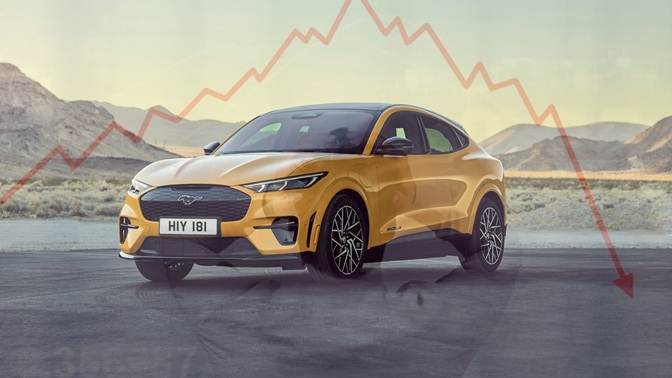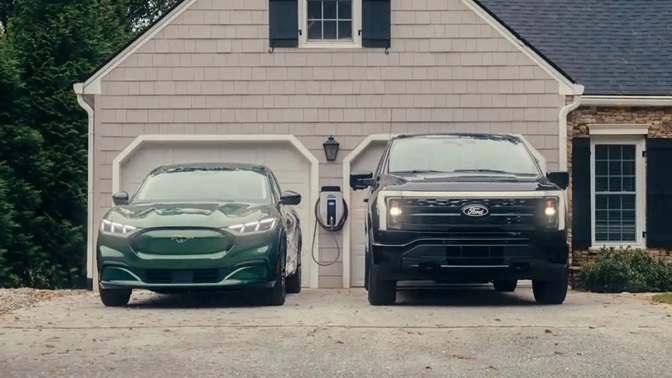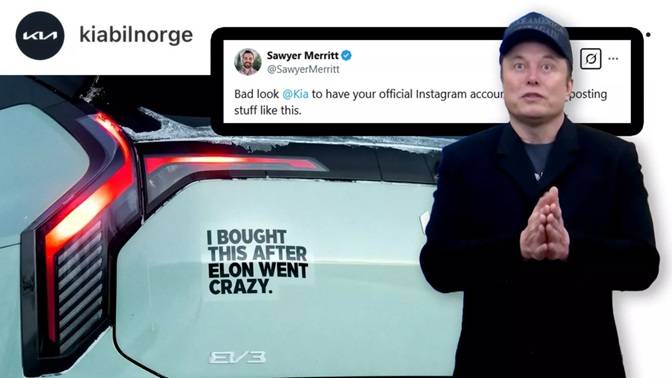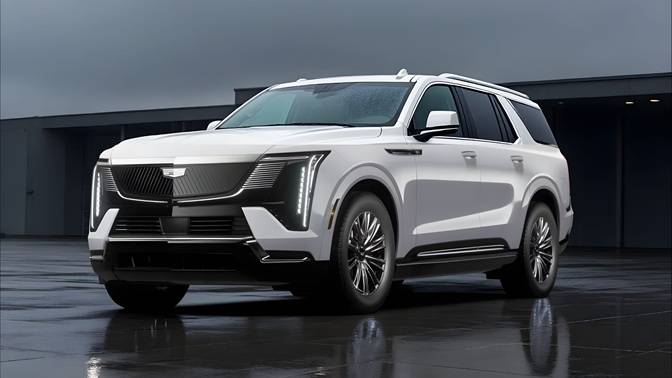The U.S. auto industry is facing a new wave of uncertainty as proposed tariffs on imports from Canada and Mexico threaten to disrupt the market. Ford CEO Jim Farley is sounding the alarm, warning that these additional costs could be “devastating” for automakers, suppliers, and even car buyers. With the potential for tariffs to take effect as soon as March 1, the industry is scrambling to prepare for what could be a massive financial blow.

Earlier this month, former President Donald Trump announced an extra 25% tariff on vehicles and auto parts imported from Canada and Mexico. While currently on hold, the mere threat of these tariffs is already causing chaos. According to Farley, the uncertainty is leading to rising costs and disruption across the industry.
“President Trump has talked a lot about making our U.S. auto industry stronger, bringing more production here, and fostering innovation. If this administration can achieve that, it would be one of the most signature accomplishments,” Farley said at a recent investment conference. “However, what we’re seeing instead is a lot of cost and a lot of chaos.”
How Tariffs Could Harm the Auto Industry
Farley emphasized that these tariffs would “blow a hole” in the U.S. auto sector. While Ford is in a slightly better position than competitors like General Motors (GM) and Stellantis (the parent company of Jeep), it won’t escape the impact.
Tariffs on auto parts will drive up production costs, which will likely lead to higher car prices. In turn, consumers may hesitate to buy new vehicles, further slowing sales. Additionally, auto suppliers—many of which depend on affordable cross-border trade—could suffer significant financial losses, potentially leading to job cuts and plant closures.
Farley also noted that if these tariffs are implemented at 25% for an extended period, billions of dollars in profits could be wiped out across the industry. “There’s no question that tariffs at this level would have a huge impact,” he said, warning that the negative effects would ripple through the economy and hurt U.S. jobs.
China’s Growing Dominance Adds More Pressure
Adding to these concerns, Farley pointed out that the U.S. is already falling behind China in the automotive sector.
China is the world’s largest market for electric vehicles (EVs) and is rapidly expanding its influence in global auto sales. Chinese automaker BYD, for example, sold over 4.25 million vehicles last year, surpassing traditional giants like Honda and Nissan. With its aggressive expansion into foreign markets, BYD and other Chinese brands are increasingly challenging legacy automakers.
Meanwhile, the U.S. government’s stance on electric vehicle development remains uncertain. The withdrawal of federal support for EVs, combined with tariffs on major trading partners, could make it even harder for American automakers to compete. Instead of fostering growth, these policies may only widen the gap between U.S. manufacturers and their global rivals.

How Automakers Are Responding
Faced with these looming tariffs, Ford and other automakers are exploring ways to mitigate the impact. One strategy is to build up inventory in the U.S. before the tariffs take effect, stockpiling vehicles and parts to delay price increases. However, this is only a short-term fix, and if the tariffs remain in place for an extended period, companies will be forced to find other solutions, such as shifting production or passing costs on to consumers.
Some automakers have already made tough decisions in anticipation of these trade disruptions. Ford, GM, and others have slowed down or postponed new EV launches and other projects, fearing that increased costs could make them financially unfeasible. Unfortunately, this could create an opening for overseas competitors—particularly from China—to gain a stronger foothold in the market.
The potential consequences of these tariffs extend beyond the auto industry. Car buyers in the U.S. could see significant price increases on new vehicles, making it harder for many to afford an upgrade. If suppliers face financial strain or close down, that could lead to fewer options and longer wait times for repairs and replacements.
Additionally, slowing EV development could delay the transition to cleaner transportation options, which is a setback for both environmental goals and technological innovation.
While the tariffs have yet to take effect, the industry is already feeling the strain. Whether the Biden administration intervenes or automakers find ways to adapt, one thing is clear: the stakes are high.
Jim Farley’s warning should not be ignored. The U.S. auto industry, already struggling to keep pace with global competitors, faces a crucial test. If these tariffs are implemented, they could reshape the landscape of American car manufacturing for years to come. Whether that change will be for better or worse remains to be seen—but for now, the outlook is anything but reassuring.
PEOPLE WHO READ THIS, ALSO READ




